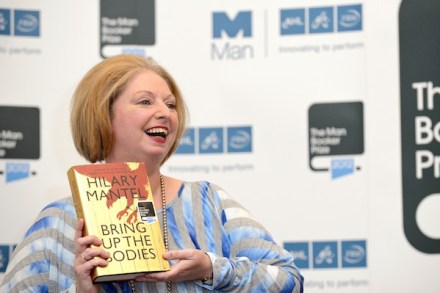A family at war
The Quest for Corvo started something rather peculiar in biography. A.J.A. Symons’s 1934 classic — described as ‘an experiment’ — set out the biographer’s search for his subject, and not just the results. This was justified in the case of an elusive and unusual figure like the ‘Baron’ Corvo. Nowadays, many biographies are written like this, and we have to hear about the author tramping from archive to library to study. Can it really be justified in the case of a 20th-century duke, whose papers are in the order in which he left them? I may be lacking in curiosity about the scholarly life, but I’m just not thrilled by














